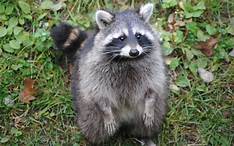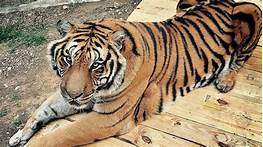Why Wild Animals Should Not Be Kept as Pets
Wild animals are fascinating creatures, and it is understandable why some people might be tempted to keep them as pets. However, there are a number of reasons why this is a bad idea.

Wild Animals Are Not Domesticated
Wild animals have not been bred over generations to live in captivity, and they do not have the same instincts and behaviors as domesticated animals. This means that they can be unpredictable and dangerous, even if they seem tame.
For example, a wild animal may attack its owner or other people if it feels threatened. It may also damage property or escape from its enclosure and cause harm to itself or others.
Wild Animals Need Specialized Care
Wild animals have unique dietary, housing, and medical needs that are difficult to meet in a home environment. They may require special foods, temperature and humidity levels, and veterinary care that is not available to the average pet owner.
Even if a wild animal is provided with the best possible care, it is still likely to suffer from health problems and behavioral issues.
Wild Animals Can Pose a Public Health Risk
Wild animals can carry diseases that can be transmitted to humans and other animals. These diseases can be serious, even fatal. For example, wild animals can transmit rabies, salmonella, and tuberculosis.
Even if a wild animal is healthy when it is acquired, it can still become infected with a disease later on. This is especially true if the animal is not vaccinated or if it comes into contact with other animals.
Conclusion
For all of these reasons, wild animals should not be kept as pets. They are not domesticated, they need specialized care, and they can pose a public health risk. If you are interested in having a pet, there are many domesticated animals that would make great companions, such as dogs, cats, rabbits, and fish.
Declaration: All article resources on this website, unless otherwise specified or labeled, are collected from online resources. If the content on this website infringes on the legitimate rights and interests of the original author, you can contact this website to delete it.




